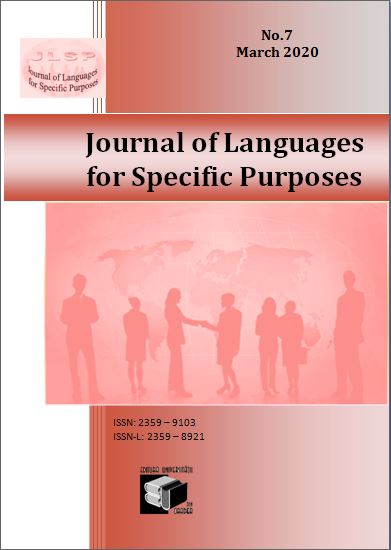Are International Environmental Agreements Effective
A Convention may refer to an actual meeting or conference between the parties, during which they reach an agreement on the final terms of a treaty. However, it is also widely used to describe large-scale agreements between governments. Economic theory predicts that international environmental agreements will fail due to parasitic problems, and previous empirical work suggests that these agreements do not actually reduce emissions. This section shows that the Basel Convention and the ban on the trade in hazardous waste have also remained ineffective. The authors find no evidence that the countries of 7 that ratified the ban have slowed their exports to non-Schedule 7 countries, as required by the agreement. Downs, G. W., Jones, M. A. (2002). Reputation, compliance and international law.
Journal of Legal Studies, 31, 95-114. We are verifying the effectiveness of two international environmental agreements (IEAs). An earlier version of this document was published under the title “Are international environmental agreements effective? The case of the trade in hazardous chemicals and persistent organic pollutants.” Despite the confusion, people are concerned about the effects of environmental agreements. A Gallup poll conducted in 2017 showed that Americans were worried about global warming at a three-year peak. Bohmelt, T., Pilster, U. (2010). International environmental regime – legalization, flexibility and efficiency. Australian Journal of Political Science, 45(2), 245-260.
J. D. Fearon. Negotiations, implementation and international cooperation. International Organization, 52 (02), 269-305. Strict environmental policies at the supranational level have effects when national interests play a role. Breitmeier, H., Underdal, A., Young, O. R. (2011).
The effectiveness of international environmental regimes: comparative and opposite results of quantitative research. International Studies Review, 13, 1-27. To address environmental problems across national borders, countries have negotiated more than 1,000 international environmental agreements (IEAs). But do they work? According to most theoretical economic models, due to parasitic problems, the IEA cannot lower pollution well below usual levels (Barrett 1994, 1997). Carraro and Siniscalco 1993; Finus and Mouse 2008). Of course, game theory models rarely predict behavior in the real world, giving way to hope that IEAs could be effective in practice. Steinar Andresen is Professor of Political Science at the University of Oslo, Ellen Hey is Professor of International Law at Erasmus University Rotterdam. Helm, C., Sprinz, D (2000). Measuring the effectiveness of international environmental systems. Journal of Conflict Resolution, 44(5), 630-652.
This is the first document that shows that participation in an international environmental agreement has some effectiveness. Our identification strategy is to apply differential-difference techniques in a panel data framework at different levels of data aggregation. We note that the ratification of the Rotterdam Convention (RC) and the Stockholm Convention (CS) leads to a reduction in trade in hazardous substances between the OECD and non-OECD countries. In particular, we find that if the exporter ratifies the RC, imports of hazardous chemicals decrease by about 7%. In the case of SC, the results show a significant decrease of about 16% for commercial transport of persistent organic pollutants. This reduction is more than double the expected effect for the RC due to a more limited commitment to the SC. Guzman, A. T. (2008) convention. How international law works: a rational electoral theory. New York: Oxford University Press.
Figure 1 shows this data. The upper line shows the total annual number of international waste transports.





